The rise of anonymous casinos marks one of the most radical shifts in online gambling. These platforms, powered by cryptocurrencies and blockchain, strip away identity verification, allowing players to gamble without disclosing their true names, banking details, or even their home country. For many, this anonymity is liberating, offering privacy, security, and a frictionless registration process. Yet, the same features that make anonymous casinos attractive can also create steep challenges—especially for specific personality types whose natural tendencies may put them at odds with the format’s unique demands.
The Double-Edged Sword of Anonymity in Online Gambling
Anonymity, at its core, can be both empowering and isolating. Beyond the straightforward appeal of privacy, the lack of accountability or community can magnify risk for vulnerable players. Recent trends indicate that while privacy-centric gambling platforms have gained immense traction—particularly in regions with restrictive gaming laws—the lack of oversight can fuel impulsive behaviors, blur boundaries, and introduce new patterns of risk.
Dr. Linda Schafer, a clinical psychologist specializing in tech-driven compulsive behaviors, notes:
“Removing layers of social accountability and identity tracking changes the psychological landscape of gambling. For some, it’s a safety net; for others, it’s a slippery slope into excess.”
With this context in mind, who are most likely to struggle in the shadowed corridors of an anonymous casino?
1. Impulsive Decision-Makers: Prone to Chasing Losses
Anonymous betting platforms strip away many of the friction points—such as identity checks and withdrawal delays—that might give impulsive personalities time to reconsider their actions. Impulsive decision-makers often act first and process consequences later. When games of chance are just a click away and logging in requires minimal effort, this trait can become even more problematic.
In traditional casinos, social cues and the watchful eyes of dealers and fellow players sometimes temper rash decisions. Online, and especially anonymously, there’s little to stand between impulse and action. Many studies have linked impulsivity to problematic gambling; without external guardrails, these individuals can spiral rapidly.
Key Risks
- Instant deposit/withdrawal features can encourage “just one more bet” cycles
- Lack of self-imposed limits or cooling-off periods often seen in regulated environments
2. Social Gamblers: Need for Connection and Belonging
For some, gambling is as much about social interaction as it is about money. Traditional casinos, and even many regulated online platforms, offer chat rooms, live dealers, and competitive tournaments to foster a sense of community. Anonymous casinos, in contrast, rarely emphasize social features; even where chats exist, users are often pseudonymous and detached.
Social gamers may find the experience hollow or isolating. The absence of camaraderie can dilute enjoyment, leading some to disengage or, paradoxically, to stake higher amounts in search of stimulation.
3. Risk-Averse Types: Discomfort With Unpredictability
While anonymous casinos arguably provide privacy, they can also raise doubts about fairness, reliability, and trustworthiness. For risk-averse personality types, the absence of transparent oversight, published audits, or clear dispute resolution can be deeply unsettling.
Comparatively, established casinos invest heavily in public trust through robust licensing regimes and visible regulatory compliance. Anonymous casinos often lack these assurances, making cautious players uneasy or even driving them away.
4. Overthinkers: Paralysis by Analysis in a Fast-Paced Setting
Success in gambling often depends on swift decision-making, especially in fast-paced games like slots or rapid-fire poker. Overthinkers—those inclined to analyze every possible outcome—may struggle to keep pace, especially when anonymous environments provide fewer informational cues or support systems.
Without the ability to observe other players’ non-verbal behavior (impossible online, doubly so in anonymous settings), these individuals may become fixated on edge-case scenarios, miss optimal betting windows, or simply feel a creeping sense of unease.
5. High Need for Structure: Seeking Clear Rules in a Grey Zone
Some people thrive on clear rules, visible structures, and transparent hierarchies. Anonymous casinos, which frequently operate in regulatory grey zones, may fluctuate in terms of which games are available, what rules are enforced, and how issues are resolved.
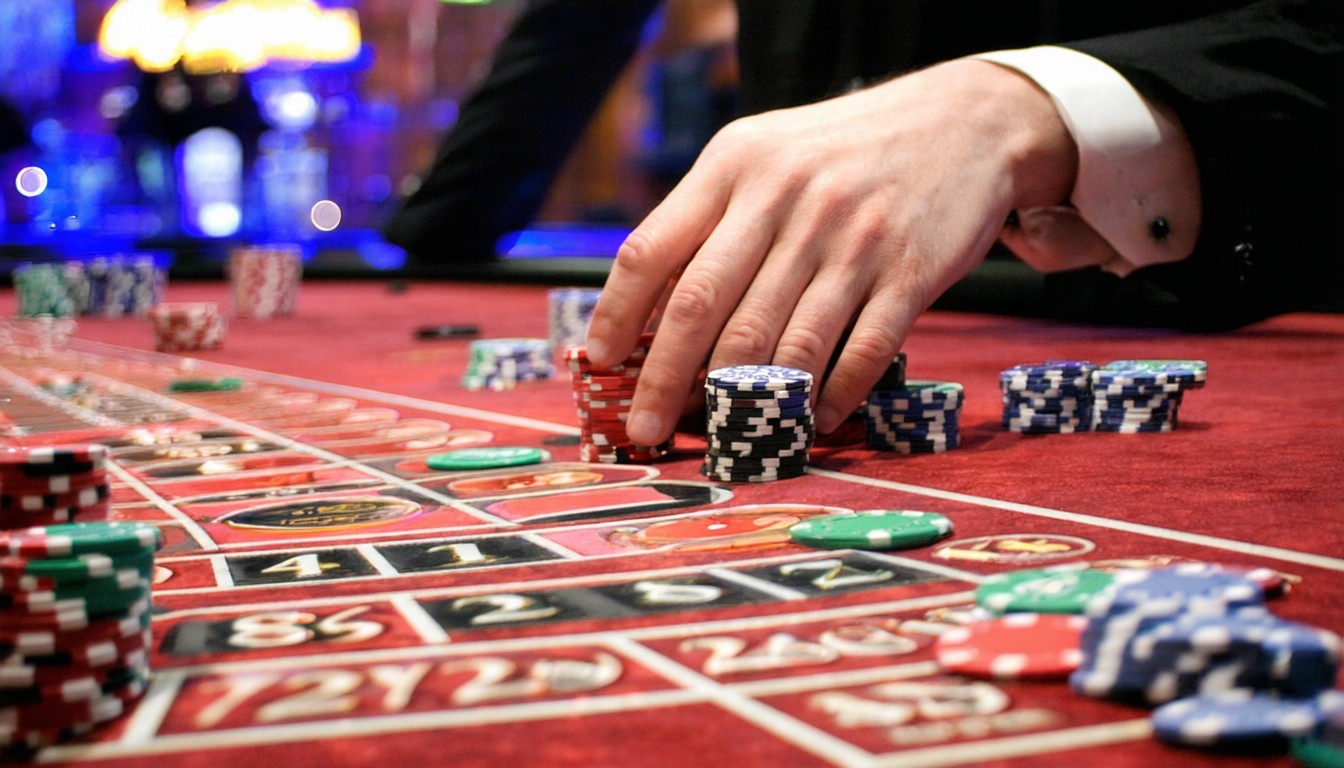
These inconsistencies can be jarring for individuals who rely on structure for confidence and peace of mind. When even basic features like dispute mechanisms or customer support are unclear—or entirely absent—such users often find themselves lost or frustrated.
6. Competitive Perfectionists: Lacking Validation and Recognition
For some, the thrill of gambling comes not from the wagers alone but from visible achievement: leaderboards, badges, or public acknowledgment. Anonymous casinos, designed to protect privacy, generally do not offer public recognition or identity-linked rewards.
Competitive perfectionists, who gauge success by outward benchmarks, may struggle with the lack of external validation. While winnings may be real, the victories can feel hollow when there’s no audience or accolades.
7. Habitual Routine-Seekers: Troubled by Unpredictable Environments
Consistency is key for those who build comfort around habits and routine. Anonymous gambling platforms, however, are subject to sudden changes—game availability, rules updates, even site rebranding can shift without notice. Routine-seekers, who depend on predictable environments, may find this instability disorienting.
Moreover, anonymous casinos are more likely to experience abrupt closures or technical issues, often due to regulatory pressure or shifting technologies. This unpredictability can undermine the sense of security crucial for routine-bound individuals.
Real-World Parallels and Lessons from Industry Trends
Consider the rapid ascent of blockchain-based casinos in markets with suppressed traditional gambling: while these platforms address important privacy concerns, they’ve also faced criticism for lacking robust player protections. Regulatory bodies like the UK Gambling Commission and the Malta Gaming Authority have raised concerns about unaudited operators and untraceable transactions.
At the user level, forums and support groups occasionally document stories of anonymous casino players who struggled to keep track of wagers, chased losses without oversight, or found themselves isolated compared to experiences on mainstream poker or sports betting communities.
Recent research from behavioral economics underscores the double-edged nature of anonymity: while it shields the vulnerable from external judgment, it can also silence calls for help or make fraud investigation significantly more challenging.
Conclusion: Finding Balance in an Opaque Landscape
Anonymous casinos represent both the future and the frontier of online gambling. They offer unprecedented privacy and control, but at a price—especially for those whose personality traits leave them ill-equipped for the isolation, risk, and unpredictability. Real harm can arise when the environment magnifies innate vulnerabilities, so self-awareness and responsible gaming tools become vital.
It’s essential for all gamblers—especially those who recognize themselves in the profiles above—to take extra precautions: use third-party spending trackers, reach out to support networks even outside the platform, and reconsider the allure of total anonymity if it threatens personal well-being.
“True security in anonymous gambling requires internal guardrails to replace the external ones you’re leaving behind.”
FAQs
What is an anonymous casino?
An anonymous casino allows users to gamble online without traditional identity verification, often relying on cryptocurrencies like Bitcoin to facilitate private transactions.
Why do impulsive people struggle more on anonymous casinos?
The ease of deposit and near-instant gameplay eliminate natural pauses, making it much harder for impulsive personalities to resist chasing losses or betting recklessly.
Are anonymous casinos legal and safe to use?
Legality and safety depend greatly on jurisdiction and the specific platform. Many lack official oversight, so users face greater risks related to fairness and dispute resolution.
Can social features help prevent problem gambling?
Social features and community engagement can provide accountability and support, which are often missing in anonymous settings, potentially making problem gambling more likely.
How can someone with a risk-averse personality protect themselves?
Carefully researching platforms for transparency, third-party audits, and clear game rules can help, but those who are uncomfortable without robust oversight may be better off avoiding anonymous casinos.
What steps can help minimize risks when using anonymous casinos?
Setting strict budgets, using external tracking tools, and seeking outside support channels can mitigate risk. However, understanding personal tendencies and limits remains essential for safe play.


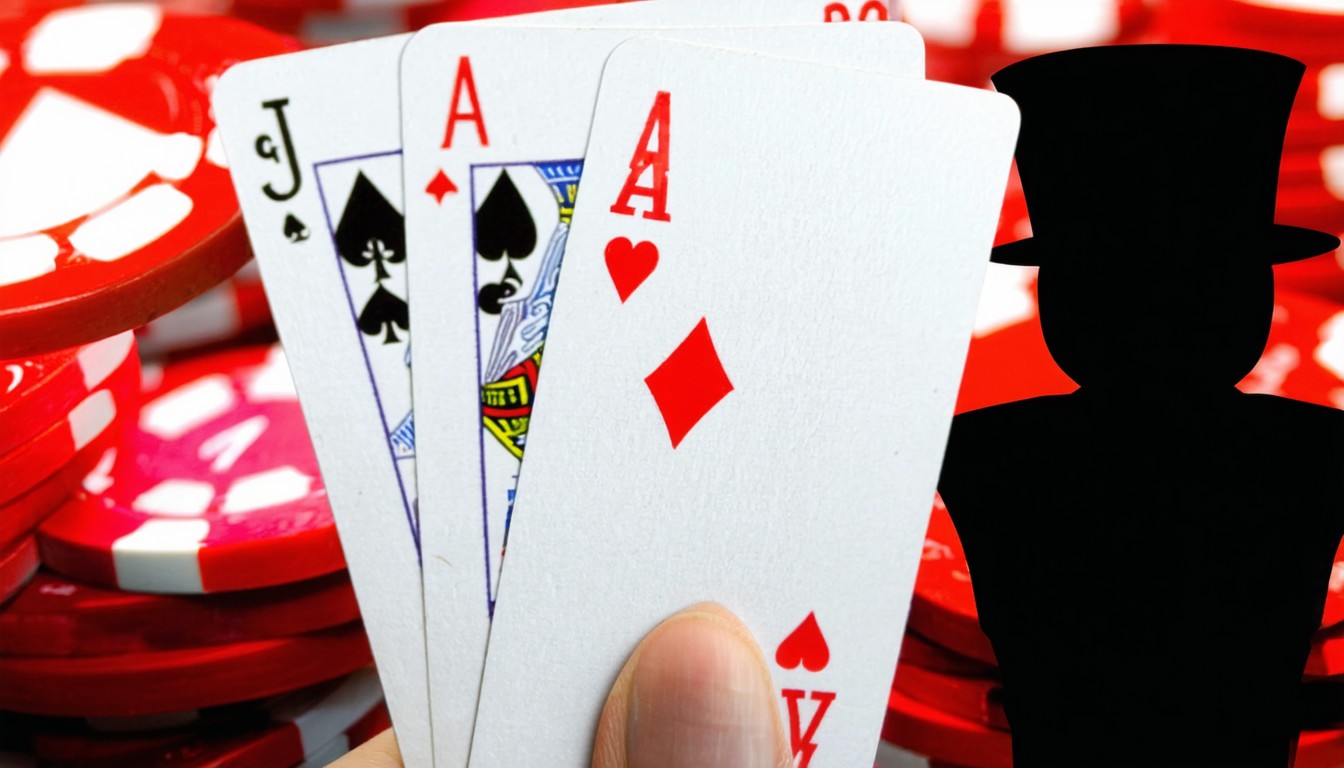

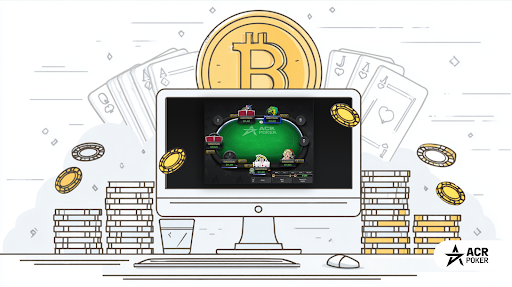



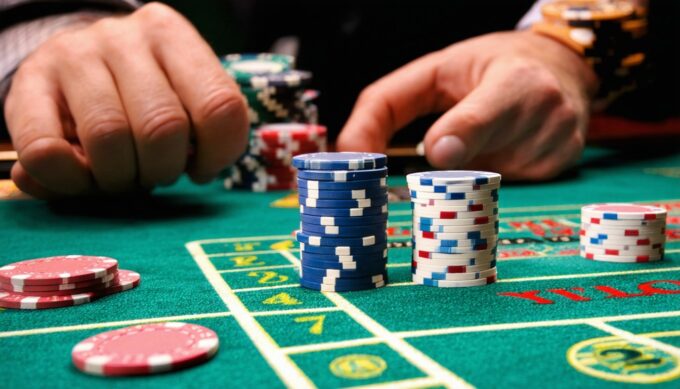

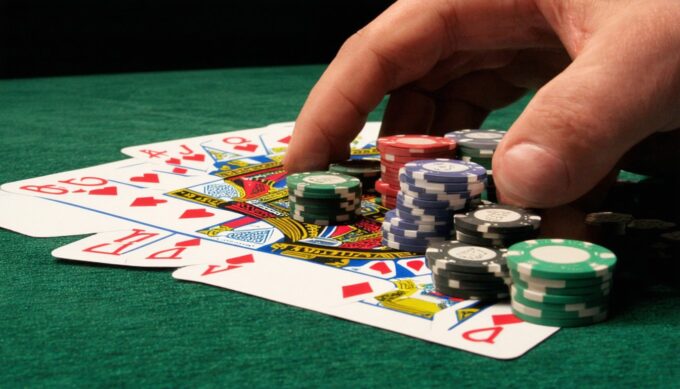

Leave a comment